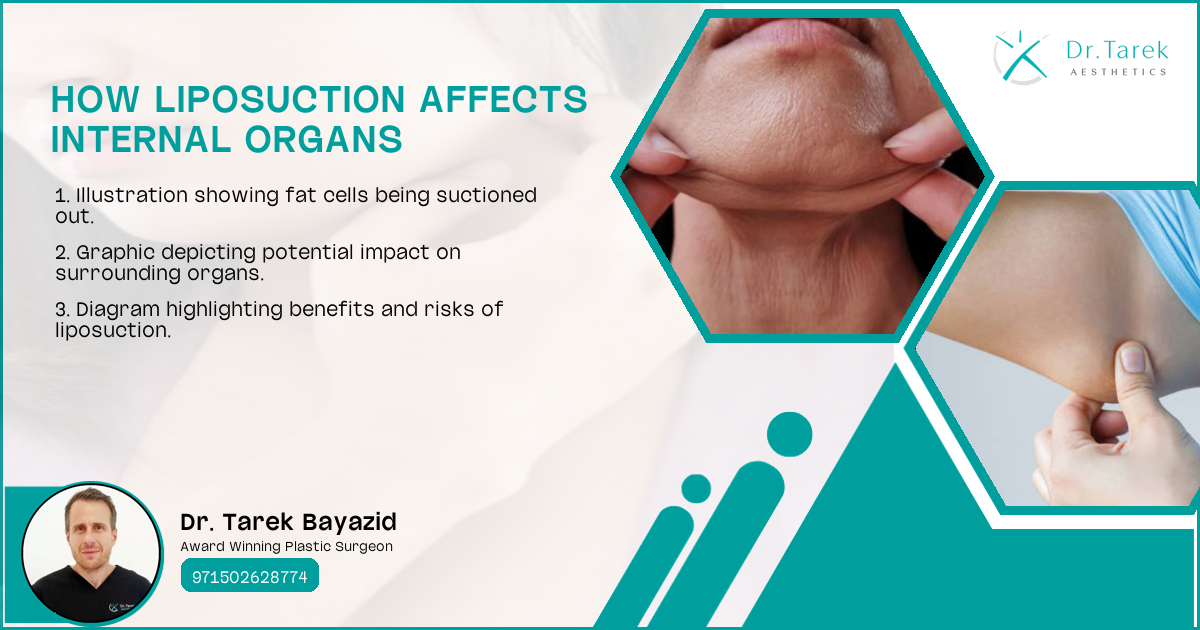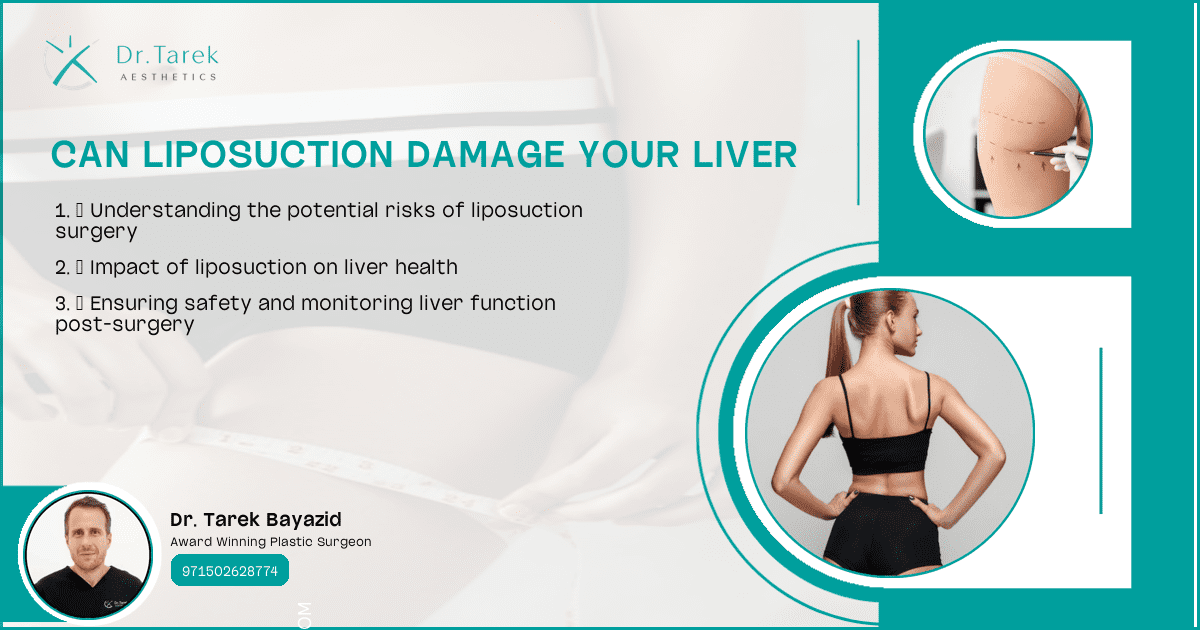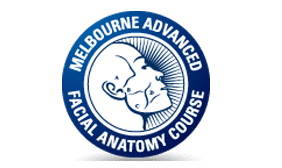Can Liposuction Damage Your Liver?
Liposuction is a popular cosmetic procedure aimed at removing excess fat from specific areas of the body. While it is generally considered safe, concerns about its impact on internal organs, particularly the liver, have been raised. This article explores whether liposuction can damage your liver, the potential risks involved, and the safety measures that can be taken to minimize these risks
Liposuction is primarily a cosmetic procedure, but like any surgery, it carries certain risks. One of the concerns is whether it can damage the liver. The liver is a vital organ responsible for detoxifying the body, and any damage to it can have serious health implications. While direct damage to the liver from liposuction is rare, there are potential complications that could indirectly affect liver health.
Potential Liver Complications from Liposuction
Liposuction involves the removal of fat cells, which can sometimes lead to complications such as fat embolism. This occurs when fat enters the bloodstream and can potentially affect the liver. Although rare, this condition can be serious and requires immediate medical attention.
Factors That Increase Liver Damage Risk During Liposuction
Certain factors can increase the risk of liver damage during liposuction. These include pre-existing liver conditions, excessive fat removal, and improper surgical techniques. Patients with liver diseases should consult with their healthcare provider before undergoing liposuction to assess their risk.
Book A Consultation With Dr Tarek Bayazid
Top-rated Plastic Surgeon For Liposuction in Dubai
Installment Plan Available
- Pre-existing liver conditions
- Excessive fat removal
- Improper surgical techniques
How Liposuction Affects Internal Organs

Liposuction is designed to target fat deposits, but it can also have an impact on internal organs if not performed with correctly. Understanding these effects is crucial for ensuring patient safety and successful outcomes.
Impact on Abdominal Organs During Liposuction
The abdominal area is a common target for liposuction, and the procedure can affect nearby organs. While the risk is low, there is a possibility of accidental injury to organs such as the intestines or stomach. Surgeons must exercise caution to avoid these complications.
Liver Function and Liposuction Recovery
The liver plays a crucial role in the body’s recovery process after liposuction. Understanding its function can help patients and healthcare providers manage post-operative care effectively.
Role of the Liver in Metabolizing Anesthesia
During liposuction, anesthesia is used to ensure patient comfort. The liver is responsible for metabolizing these anesthetic agents, and any impairment in liver function can affect the recovery process. Patients with liver issues should discuss anesthesia options with their surgeon.
Monitoring Liver Health Post-Liposuction
Post-operative monitoring of liver health is essential to ensure a smooth recovery. Regular liver function tests can help detect any abnormalities early, allowing for timely intervention if needed.
- Importance of liver function tests
- Early detection of liver issues
- Role of healthcare providers in monitoring
Minimizing Liver Damage Risks During Liposuction
To minimize the risk of liver damage during liposuction, several safety measures can be implemented. These include proper patient screening and the use of advanced surgical techniques.
Proper Patient Screening and Selection
Thorough patient screening is crucial to identify individuals who may be at higher risk of complications. This includes assessing liver health and any underlying medical conditions that could affect the procedure’s safety.
Advanced Liposuction Techniques for Organ Protection
Advancements in liposuction techniques have made the procedure safer for patients. Techniques such as tumescent liposuction and ultrasound-assisted liposuction can help protect internal organs and reduce the risk of complications.
- Importance of patient screening
- Use of advanced surgical techniques
- Benefits of tumescent and ultrasound-assisted liposuction
Liposuction Safety Measures to Protect the Liver
Ensuring the safety of the liver during liposuction involves several measures, including pre-operative tests and intra-operative monitoring.
Pre-operative Liver Function Tests
Conducting liver function tests before liposuction can help identify any underlying issues that may increase the risk of complications. These tests provide valuable information for planning a safe procedure.
Intra-operative Monitoring Techniques
During the procedure, monitoring techniques can be used to ensure the patient’s safety. This includes tracking vital signs and using imaging technology to guide the surgeon and avoid injury to internal organs.
- Importance of pre-operative tests
- Role of intra-operative monitoring
- Use of imaging technology for safety
Alternatives to Traditional Liposuction for Liver Health
For individuals concerned about the impact of liposuction on liver health, there are alternative fat reduction methods available.
Non-invasive Fat Reduction Methods
Non-invasive methods such as CoolSculpting and laser lipolysis offer fat reduction without surgery. These techniques pose less risk to internal organs and may be suitable for individuals with liver concerns.
Targeted Liposuction Techniques
Targeted liposuction techniques focus on specific areas and use smaller instruments, reducing the risk of complications. These methods can be a safer option for patients with liver conditions.
- Benefits of non-invasive methods
- Suitability for individuals with liver concerns
- Advantages of targeted techniques
Recovery and Liver Care After Liposuction
Proper recovery and liver care are essential for ensuring a successful outcome after liposuction.
Post-operative Liver Support Supplements
Certain supplements can support liver health during recovery. These may include milk thistle and other herbal remedies known for their liver-protective properties. Patients should consult with their healthcare provider before taking any supplements.
Dietary Recommendations for Liver Health
A healthy diet can aid in liver recovery after liposuction. Patients should focus on consuming nutrient-rich foods and staying hydrated to support overall health and healing.
- Importance of liver support supplements
- Role of a healthy diet in recovery
- Consultation with healthcare providers
Choosing a Qualified Surgeon to Minimize Liver Risks
Selecting a qualified surgeon like Dr. Tarek Bayazid is essential for minimizing the risk of liver damage during liposuction.
Importance of Board Certification and Experience
Board-certified surgeons have the training and experience necessary to perform liposuction safely. Patients should verify their surgeon’s credentials and inquire about their experience with the procedure.
Questions to Ask About Liver Safety Measures
Patients should ask their surgeon about the safety measures in place to protect the liver during liposuction. This includes questions about pre-operative tests, surgical techniques, and post-operative care.
- Importance of board certification
- Verification of surgeon credentials
- Key questions for patient safety
Latest Research on Liposuction and Liver Health
Ongoing research continues to explore ways to improve the safety of liposuction and protect liver health.
Recent Studies on Organ Protection During Liposuction
Recent studies have focused on techniques to minimize the risk of organ damage during liposuction. These include advancements in surgical methods and the use of technology to guide procedures.
Emerging Technologies for Safer Fat Removal
Emerging technologies, such as laser-assisted liposuction, offer safer alternatives for fat removal. These innovations aim to reduce the risk of complications and improve patient outcomes.
- Focus on organ protection
- Advancements in surgical methods
- Benefits of emerging technologies
In conclusion, while liposuction is generally safe, understanding the potential risks to the liver and other internal organs is crucial. By choosing a qualified surgeon, undergoing proper screening, and following post-operative care instructions, patients can minimize these risks and achieve successful outcomes.79)
Stats:
1. According to a study published in the Journal of Clinical and Aesthetic Dermatology, the overall complication rate for liposuction is approximately 5% (https://www.ncbi.nlm.nih.gov/pmc/articles/PMC5724698/)
2. The American Society of Plastic Surgeons reports that liposuction was the second most popular cosmetic surgical procedure in 2020, with 211,067 procedures performed (https://www.plasticsurgery.org/news/plastic-surgery-statistics)
3. A study in the Aesthetic Surgery Journal found that the risk of major complications in liposuction is 0.25% when performed by board-certified plastic surgeons (https://academic.oup.com/asj/article/35/7/830/25891
FAQ’s
Is Liposuction Safe for Patients with Liver Conditions?
Liposuction can be safe for patients with liver conditions if proper precautions are taken. It is crucial to consult with a healthcare provider to assess individual risks and determine the best approach for the procedure.
How Long Does It Take for the Liver to Recover After Liposuction?
The liver typically recovers quickly after liposuction, with most patients experiencing no long-term effects. However, recovery time can vary based on individual health and the extent of the procedure. Patients should follow their surgeon’s post-operative care instructions for optimal recovery.
Can Liposuction Cause Liver Failure?
Liposuction is unlikely to cause liver failure in healthy individuals. However, patients with pre-existing liver conditions may be at higher risk. It is important to consult with a healthcare provider to assess individual risk factors before undergoing the procedure.
How Does Liposuction Affect the Digestive System?
Liposuction primarily targets fat deposits and does not directly affect the digestive system. However, any surgical procedure can have temporary effects on digestion due to anesthesia and changes in physical activity. Patients should follow post-operative care instructions to minimize these effects.
What Are the Signs of Liver Damage After Liposuction?
Signs of liver damage after liposuction may include jaundice, fatigue, and abdominal pain. If any of these symptoms occur, it is important to seek medical attention promptly. Early detection and treatment can prevent further complications.











Related Posts